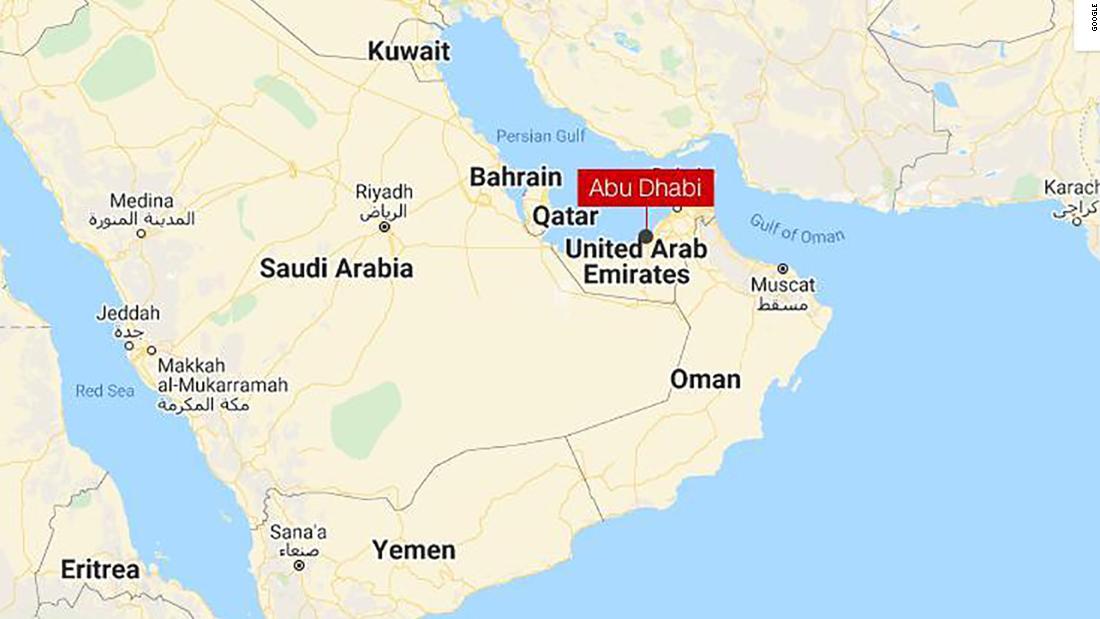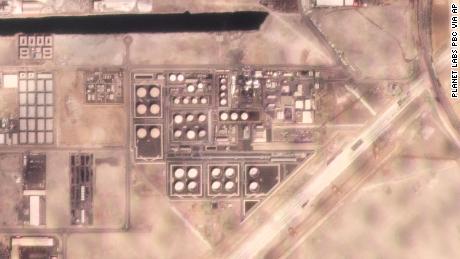In a statement, the UAE Ministry of Defense said, “its air defense has intercepted and destroyed two ballistic missiles fired by the terrorist Houthi group.”
“The attack did not result in any casualties, as the remnants of the intercepted and destroyed ballistic missiles fell in separate areas around the Emirate of Abu Dhabi,” the statement added.
The ministry said it is “ready to deal with any threats, and that it takes all necessary measures to protect the state from all attacks.”
At around 4:15 a.m. on Monday, witnesses in Abu Dhabi said they heard the sounds of explosions and saw what they described as fireballs in the sky.
Several flights were delayed arriving into Abu Dhabi airport, according to the airport’s website. Flight tracking website Flightradar24 showed Abu Dhabi-bound planes flying in circles near the airport.
The spokesperson for Yemen’s Houthi rebels warned at the time, the “UAE is an unsafe state as long as its aggressive escalation against Yemen continues.”
On January 21, at least 82 people were killed and 266 injured when an airstrike hit a detention center in Yemen, according to Houthi Health Minister Taha Al-Mitwakel. Another airstrike that day hit a telecommunications building in the strategic port city of Hodeidah, causing a nationwide internet blackout.
The Houthis blamed the Saudi-led coalition for the strikes.
The offensive began in 2015 to restore Yemen’s internationally recognized government, after it was ousted by the Houthis. The coalition has intensified its attacks in the war-torn nation in the wake of the Houthi missile and drone strike in Abu Dhabi last week.
In 2019, the UAE pulled most of its troops from Yemen, after privately deeming the war unwinnable. The campaign failed to crush the rebels but exacted a huge humanitarian toll, with thousands of Yemenis dead and malnourishment and disease widespread.
More recently, the UAE has returned to the conflict, backing Yemeni groups in flashpoints like the oil-rich provinces of Shabwa and Marib.







